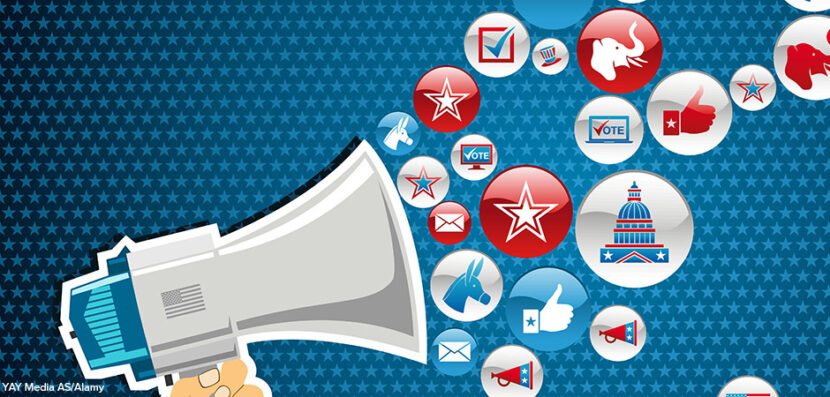Democratic Debates: Round Two
On August 30 and 31, the second round of Democratic Party presidential debates was held in Detroit, Michigan. The same twenty candidates participated this time as in the first round, but the outcome and tone of this round was quite different than before. Here, Election Central takes a look at what happened, who had a great night and who didn’t, as well as how the debate could affect the field of candidates from here on out.
The First Night
The first night of the debates featured Senator Elizabeth Warren (Massachusetts), Senator Bernie Sanders (Vermont), Mayor Pete Buttigieg (South Bend, Indiana), Senator Amy Klobuchar (Minnesota), former Rep. John Delaney (Maryland), former Governor John Hickenlooper (Colorado), former Representative Beto O’Rourke (Texas), Governor Steve Bullock (Montana), Representative Tim Ryan (Ohio), and writer Marianne Williamson.
Probably the most central and important issue of the evening was health care. Warren and Sanders joined forces to advocate for a “Medicare for All” system. In general, political analysts say that the two candidates did an excellent job staying focused on their particular policy plans, rather than just on attacking the other candidates.
Other candidates had important moments during the debate as well, some of them bringing up critical and controversial policies that were overlooked in the first round of debates. O’Rourke, for example, was the first Democratic candidate to bring up reparations for slavery. Buttigieg talked about putting an end to the Electoral College and even adding seats to the Supreme Court.
The Second Night
The second–and more contentious–night of debates featured former Vice President Joe Biden, Senator Kamala Harris (California), Representative Tulsi Gabbard (Hawaii), Senator Kirsten Gillibrand (New York), Senator Cory Booker (New Jersey), Mayor Bill de Blasio (New York), former Housing and Urban Development Secretary Julian Castro, Senator Michael Bennet (Colorado), Governor Jay Inslee (Washington), and entrepreneur Andrew Yang.
Many of the candidates seemed united in their attempt to discredit Joe Biden, the current frontrunner in the campaign. Arguably the most critical moment in the first round of debates was when Harris challenged Biden on his stance on racial issues. This time, however, Biden was prepared to fight back, defending his record on controversial issues from tax credits to abortion. But as some political experts have pointed out, Biden has a tendency to hide behind Obama’s tremendous popularity–a strategy that failed him during this debate, when Castro called Obama out for deporting undocumented immigrants during his term and asked if Biden had ever stood up to the former president on the issue. When Biden answered that he couldn’t talk about private conversations he’d had with Obama, Castro accused him of being hypocritical for bringing up Obama when it was convenient and refusing to talk about him when it wasn’t.
Another important highlight was when Tulsi Gabbard took on Harris for her record as California attorney general, and Harris didn’t respond as well as her supporters hoped she would. Health care was also an issue: while the more progressive candidates joined Sanders and Warren in calling for “Medicare for All,” more moderate Democrats (such as Joe Biden) advocated for a combination of private and public insurance. And Cory Booker had many great standout moments, speaking up about climate change and potential attacks on voting rights for people of color in the 2020 election. In fact, some political experts say that Booker–arguably the only candidate who kept the conversation focused on Trump–was the unexpected “winner” of the second night of debates.
What Happens Next?
The next round of debates is scheduled to happen in Houston, Texas, on September 12 and 13. However, there will be much stricter criteria in place: in order to participate, candidates will need to have at least 130,000 donors and register at least 2 percent support in four different polls, all by August 28. Eight candidates have already achieved these goals: Elizabeth Warren, Joe Biden, Kamala Harris, Cory Booker, Pete Buttigieg, Amy Klobuchar, Beto O’Rourke, and Bernie Sanders.



